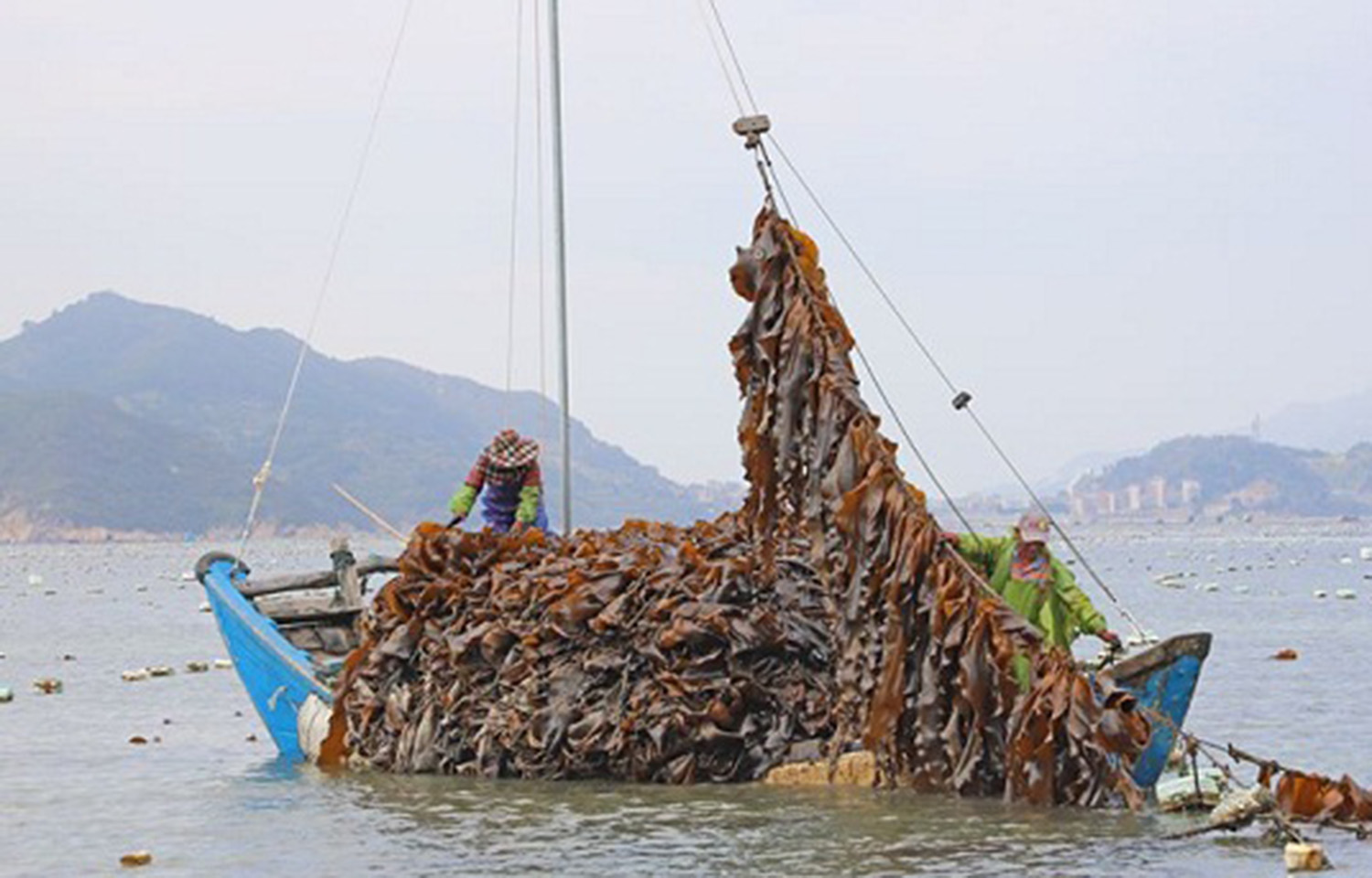Yida Food, a leading Chinese processor of kelp and jellyfish within the snack food and catering sectors, has sold its first blue carbon credits for CNY 120,000 (USD 16,800, EUR 15,600).
Yida Food CEO Qiu Bixiang said the company made CNY 120,000 (USD 16,800, EUR 15,600) from selling the carbon offsets from a 3-hectare mariculture site producing kelp. The transaction was conducted through the government-run Fuzhou (Liangcheng) Marine Carbon Sink Trading Service Platform – a local pilot program.
Yida produces shredded kelp and jellyfish in packaged form for consumers to eat directly or as an ingredient in hotpot meals. Its vendors include Yonghui, Walmart, Pu Pu, Hema Fresh, Meituan Maicai, JD.com, and Taobao. It has developed a robust research and development arm that has come out with important innovations in kelp cultivation and processing and has built out a sales platform for China’s seaweed industry.
It has also been one of the pioneers of China’s blue carbon credit program, which is being used by China’s aquaculture industry to earn supplementary revenue. Bixiang told the Fuzhou News Service she believes carbon offset sales could subsidize a boom in kelp and jellyfish mariculture in southern China. Qiu said new sources of revenue are needed to support China’s aquaculture sector, which remains highly fragmented.
"Currently, our 3,000 acres of kelp farms around Dongluo Island has allowed us to earn 10 marine carbon sinks," Qiu said. "This gives us confidence in continuing to expand the kelp industry and strengthens our determination to continue to protect marine resources. It also greatly stimulates the enthusiasm of the fishermen who cooperate with us.”
China is the world’s top carbon polluter, but Chinese President Xi Jinping has set the goals of having China’s CO2 emissions peak by 2030 and achieving carbon neutrality by 2060. As part of those aims, China has created both a mandatory carbon-trading market and a voluntary market, but the mandatory CO2 cap-and-trade program, launched in 2021, has stumbled as the country has been slow to add more sectors to the program other than power generation.
China’s voluntary carbon emissions market, known as China Certified Emission Reduction, was originally created in 2012, but problems around standardization and verification caused its shuttering in 2017. It was relaunched in January 2024 with some of the country’s largest oil firms buying credits for projects including mangrove restoration.








